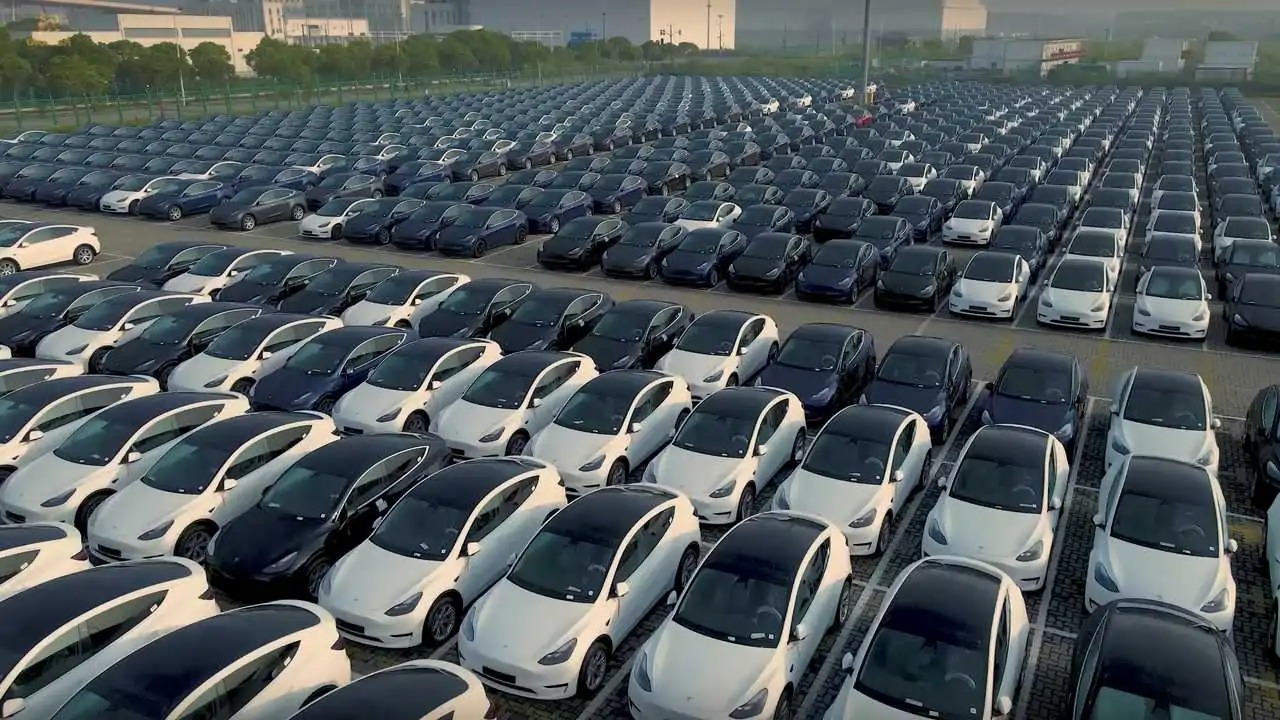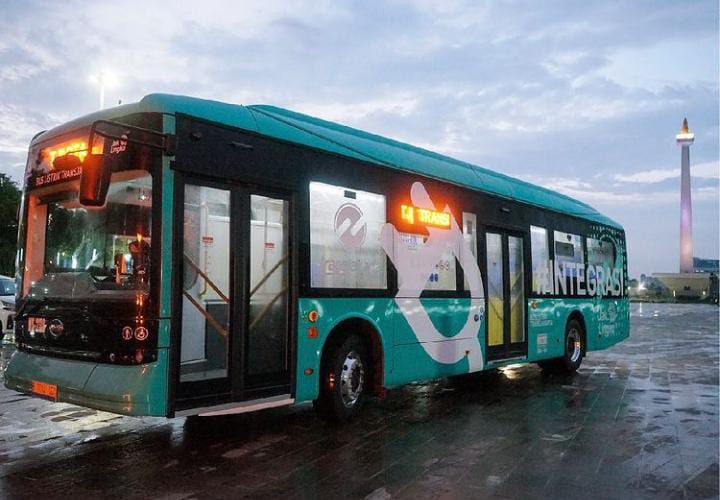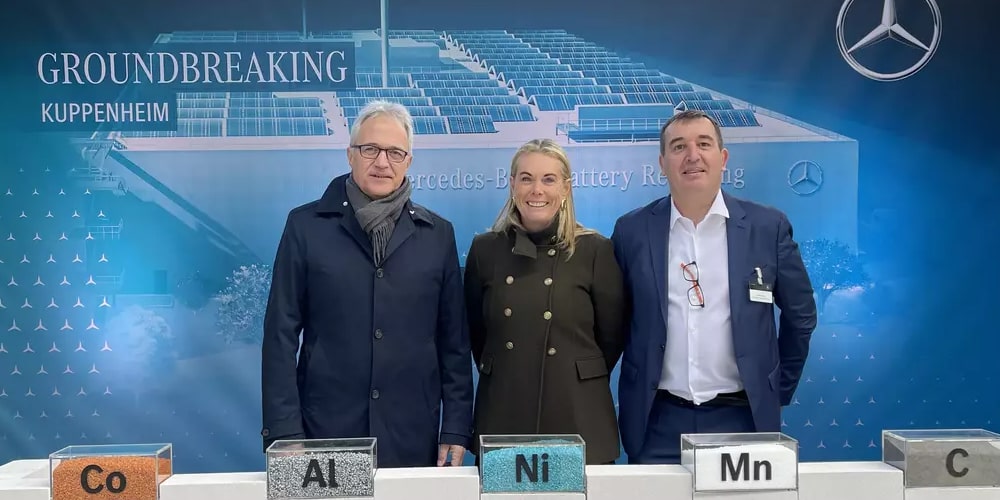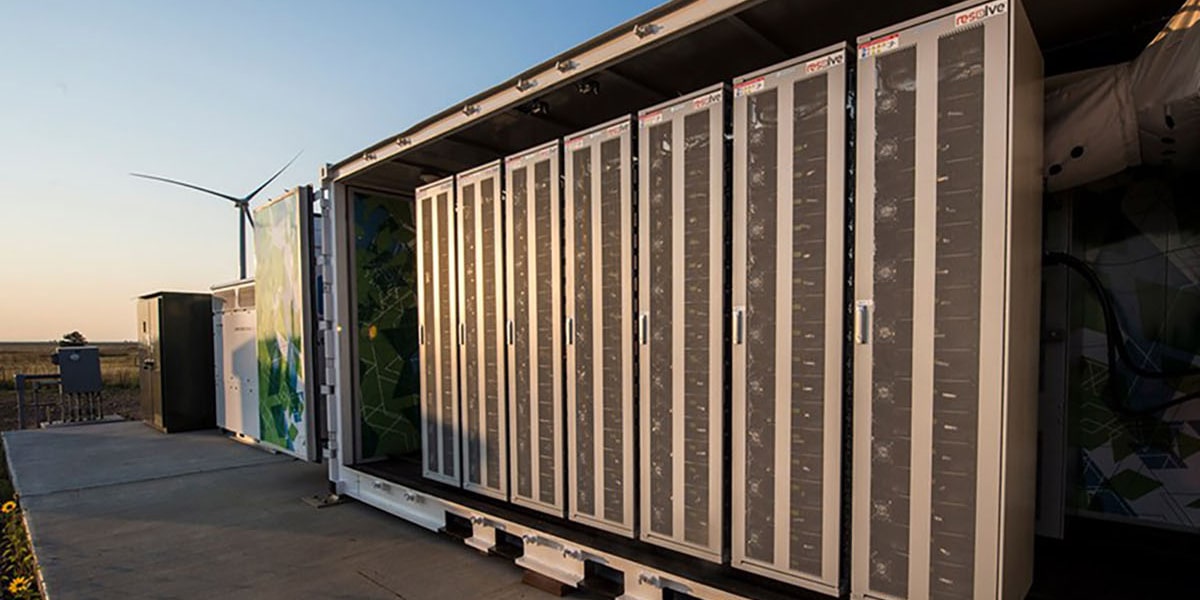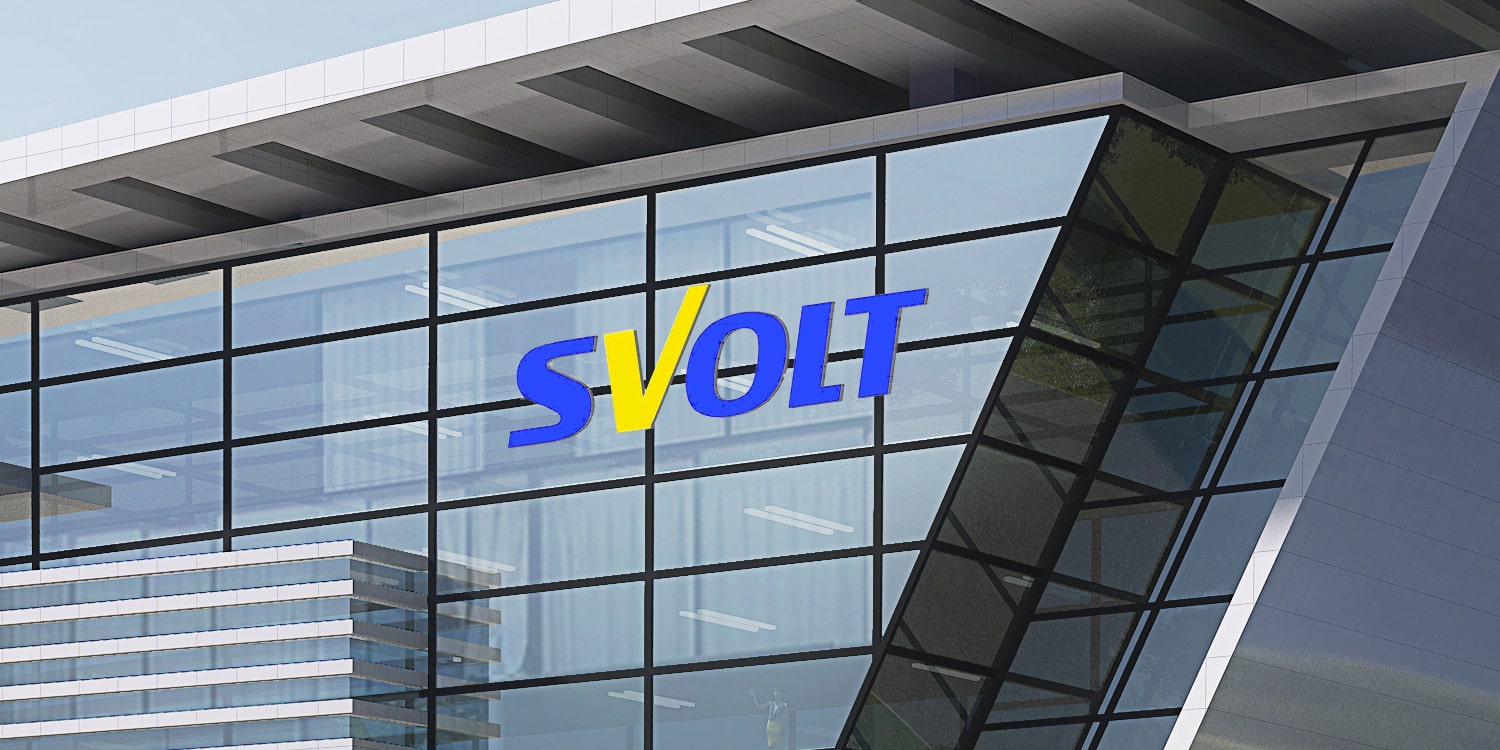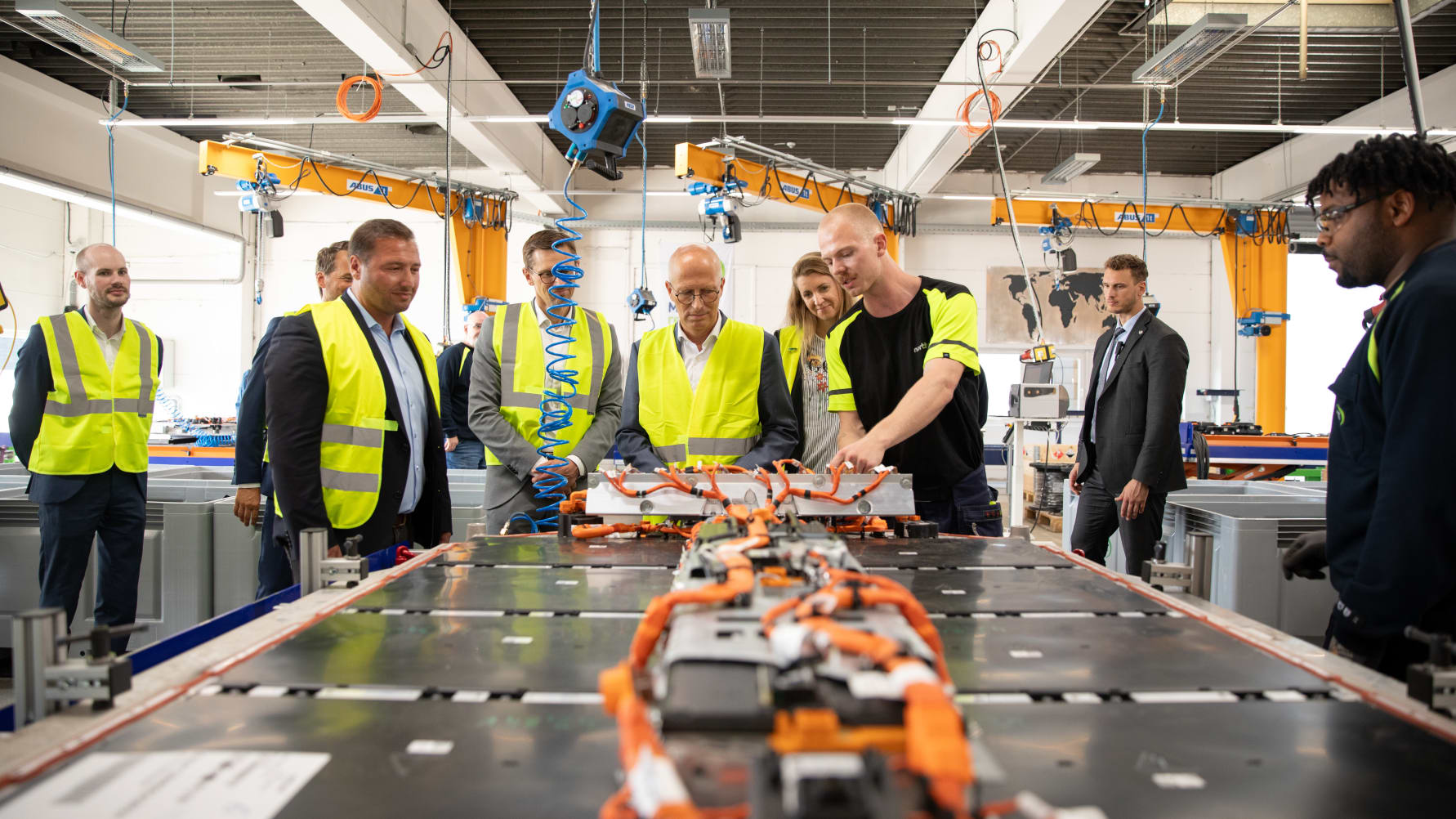In a bid to bolster the electric vehicle (EV) market and promote local production, the Indian government is reportedly contemplating a substantial reduction in import taxes for electric cars. This potential move, spearheaded by electric car pioneer Tesla, could signal a significant shift in India’s automotive landscape.
Sources familiar with the matter have indicated that the proposed policy would allow car manufacturers that establish production facilities within India’s borders to import fully assembled electric vehicles at a reduced tax rate of 15 per cent. This compares starkly with the prevailing rates of 100 per cent for vehicles priced above $40,000 and 70 per cent for other car segments.
See also: Tesla Plans to Build $24,000 Electric Car Factory in India – Report
Of note, American automaker Tesla has been at the forefront of negotiations, indicating renewed interest in building an EV manufacturing plant on Indian soil. If realised, this development could not only streamline Tesla’s local manufacturing ambitions but also pave the way for a broader portfolio of its models to be introduced to the Indian market.
The potential implications of this policy revision are far-reaching. Notably, it could enable Tesla to introduce its entire model range to Indian consumers, extending beyond the confines of locally produced vehicles. The Silicon Valley giant’s intentions of establishing a manufacturing facility in India have been evident since late 2020, with the company expressing a commitment to produce an electric car priced below $24,000.
Insights into these deliberations have emerged from undisclosed sources and were reported by the reputable news agency Reuters. While the Indian government has not issued an official confirmation regarding its collaboration with Tesla on this front, Finance Minister Nirmala Sitharaman acknowledged, “There is no proposal in front of me.” However, an unnamed official intimated, “There is an understanding with Tesla’s proposal, and the government is showing interest.”
The potential reduction in import taxes has generated a ripple of considerations, particularly among domestic automakers. India, the world’s third-largest automobile market, could witness heightened competition if the lower tax regime is implemented. This shift is not solely pertinent to Tesla; rather, it extends to all global EV manufacturers operating in the Indian market.
Drawing parallels with similar approaches undertaken by other nations, Indonesia’s recent policy shift comes to the fore. Since March, the Indonesian government has extended EV subsidies exclusively to manufacturers with local production facilities and adherence to specific domestic criteria. Tesla’s ambitions also stretch to this corner of Southeast Asia, with indications of plans to establish an EV manufacturing plant capable of yielding up to a million vehicles annually.
While the potential implications of India’s policy revision remain on the horizon, it is apparent that a convergence of interests between the government and Tesla could herald a transformative chapter for India’s EV landscape. As discussions unfold, industry stakeholders and observers eagerly await official pronouncements to shed light on the direction this partnership might take.

